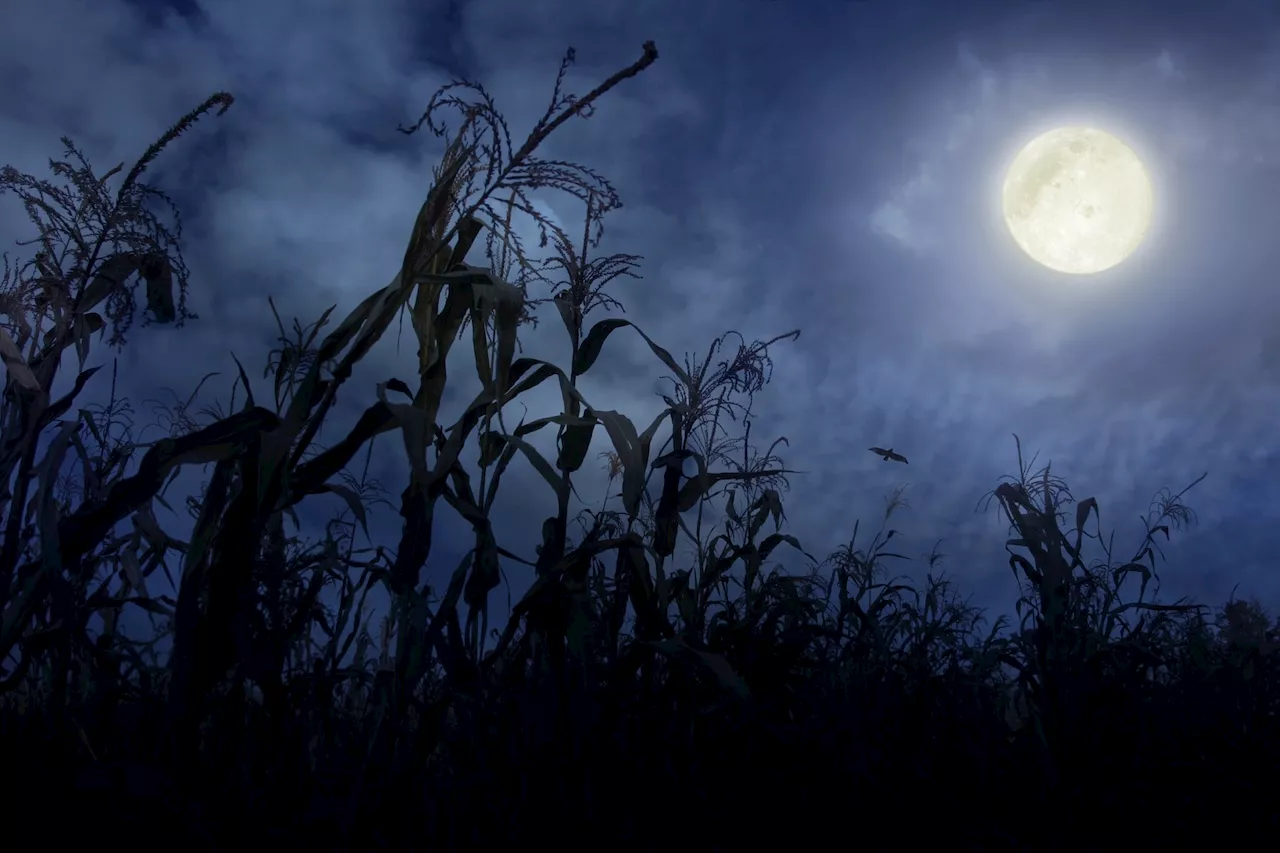Health
Neurologist Explores Full Moon’s Impact on Sleep and Mood

Research indicates that the full moon can have a modest impact on sleep patterns, yet its effect on mental health remains uncertain. Dr. John Smith, a neurologist specializing in the relationship between sleep and brain health, sheds light on this fascinating intersection of science and myth.
Many people have long held the belief that the light of the moon disrupts sleep and leads to erratic behavior. Ancient folklore often associates lunar phases with madness, but contemporary research suggests a more complex reality. Studies have shown that individuals tend to experience changes in their sleep habits in the days leading up to a full moon. Specifically, data indicates that people across various cultures go to bed later and sleep for shorter durations as the moon approaches its fullest phase.
The sleep disruption during this period is modest, typically resulting in a loss of 15 to 30 minutes of sleep per night. Research has shown that men tend to lose more sleep during the waxing phase, while women experience a slight decrease in the quality of their sleep around the time of the full moon.
Despite these findings, the connection between lunar phases and mental health appears less definitive. While sleep deprivation is indeed a known contributor to mental health challenges, the idea that full moons trigger psychiatric crises lacks strong empirical support. A study analyzing hospital records from 2012 to 2017 found no consistent evidence linking the full moon with an increase in psychiatric emergencies.
The inconsistency in findings may reflect cultural beliefs or local hospital practices more than biological factors. This suggests that while the full moon may slightly shorten sleep duration, the resultant effects on mental health primarily impact those already vulnerable to conditions such as bipolar disorder, depression, or schizophrenia. Teenagers, who are particularly sensitive to sleep disturbances, are also at risk during these lunar phases.
Scientific investigations into whether lunar phases can influence human physiology have yielded minimal results. The gravitational forces exerted by the moon are too weak to affect our bodies significantly. Moreover, studies exploring geomagnetic and atmospheric changes during the lunar cycle have produced inconsistent findings.
With the science around lunar effects being inconclusive, one might wonder why the “full moon effect” persists in popular belief. Psychologists highlight a cognitive bias known as the availability heuristic, where people tend to remember unusual events coinciding with full moons while overlooking the many nights when no such incidents occur.
Even if the moon does not directly influence our mental state, its subtle impact on sleep underscores the importance of light exposure at night. Our biological systems are designed to respond to natural light and darkness cycles. In today’s world, the prevalence of artificial light—from streetlights to electronic devices—exerts a far greater influence on sleep than the moon ever could.
For those who find themselves tossing and turning during a full moon, this phenomenon may not be entirely imagined. The moon’s brightness can indeed affect sleep quality. However, for chronic sleep issues, it is advisable to consider more immediate environmental factors, such as artificial light sources.
In summary, while the full moon may slightly disrupt sleep, its role in triggering psychiatric conditions remains largely a myth. Understanding the nuances of sleep and its impact on mental health is essential, particularly for vulnerable populations.
-

 Science2 months ago
Science2 months agoInventor Achieves Breakthrough with 2 Billion FPS Laser Video
-

 Health2 months ago
Health2 months agoCommunity Unites for 7th Annual Into the Light Walk for Mental Health
-

 Top Stories2 months ago
Top Stories2 months agoCharlie Sheen’s New Romance: ‘Glowing’ with Younger Partner
-

 Entertainment2 months ago
Entertainment2 months agoDua Lipa Aces GCSE Spanish, Sparks Super Bowl Buzz with Fans
-

 Health2 months ago
Health2 months agoCurium Group, PeptiDream, and PDRadiopharma Launch Key Cancer Trial
-

 Top Stories2 months ago
Top Stories2 months agoFormer Mozilla CMO Launches AI-Driven Cannabis Cocktail Brand Fast
-

 Entertainment2 months ago
Entertainment2 months agoMother Fights to Reunite with Children After Kidnapping in New Drama
-

 World2 months ago
World2 months agoIsrael Reopens Rafah Crossing After Hostage Remains Returned
-

 World2 months ago
World2 months agoR&B Icon D’Angelo Dies at 51, Leaving Lasting Legacy
-

 Business2 months ago
Business2 months agoTyler Technologies Set to Reveal Q3 Earnings on October 22
-

 Health2 months ago
Health2 months agoNorth Carolina’s Biotech Boom: Billions in New Investments
-

 Health2 months ago
Health2 months agoYouTube Launches New Mental Health Tools for Teen Users









